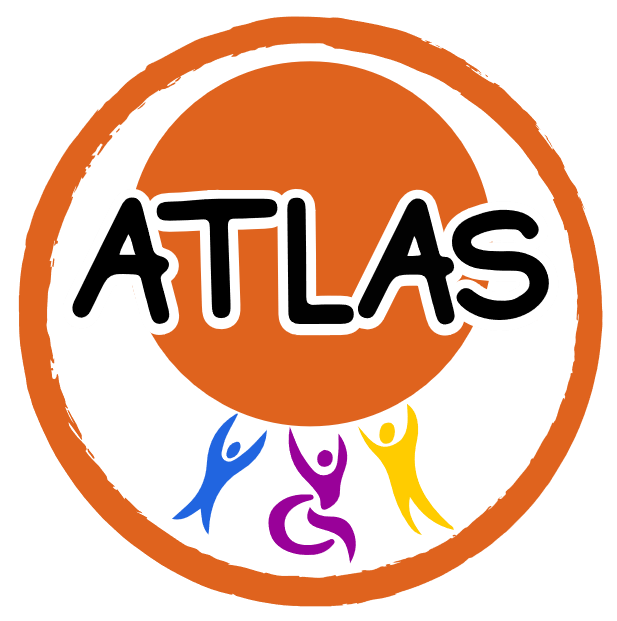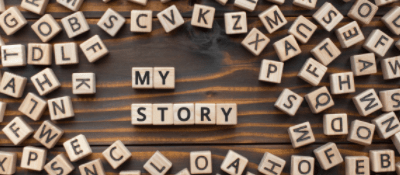What is a sensory processing disorder?
Sensory Processing Disorder (SPD) is an additional need and disability that affects how your brain processes your senses. It can affect all of the senses, sometimes all at once or sometimes individually.
How does SPD affect me?
It takes a while to process information and the things I do in day-to-day life. It can take me longer to do things because I am thinking about it constantly.
Some examples of things that are difficult:
- Sound
- It’s a struggle to find things that are not too loud.
- Fire alarms are a very fast and loud sound that really hurts my ears. Ear defenders can help block out the sound – they are not for listening to music!
- Touch
- Some textures can be overwhelming.
- I don’t like people to touch me without asking me beforehand unless it is an emergency.
- Sight
- Sunlight can be too bright!
- Flashing lights can make it difficult for me to see and I can find that they are sensory overloading.
- Smoke (Fire) – can’t see where you are going/irritates the eyes and makes them itchy.
- Taste
- I don’t like lumpy mash! How food feels in my mouth is really important. It can change over time what textures I like and those I don’t: I used to not like nuts but now I do!
- I don’t drink squash at all now, I try to cut it out. Water on its own is good.
- Smell
- Nail varnish, petrol, and cigarettes are smells that are too strong. If they come close to me, I need to get away.
- Other
- Crowds can be claustrophobic as there is not much room: there is so many people around that you can’t move around properly.
- New places and new people because there is lots of new information I have to process!
Even though I find some sensory experiences difficult, I also use sensory experiences to help myself and keep myself calm. Some things that I enjoy:
- Sound
- Classical Disney music, normally piano music because I find it a quiet, mindful sort of sound.
- Nature sounds, especially quiet song birds.
- Touch
- Squishy Fidget toys and cuddly soft toys are very comforting, ground me, and help me to feel secure. Cuddly toys are really helpful when you need to go to sleep.
- Blankets are really useful too. I like blankets to be smooth and soft to touch, dark blue in colour. I like blue when I am trying to sleep.
- I like it when people I trust and know tuck me into bed, link arms with me, or sometimes give me a hug!
- Petting my dog, Honey, can help me calm down quickly. Lots of people find pets helpful!
- Sight
- I like looking up at the stars in the sky at night. Which also helps me go to sleep because it is dark.
- Taste
- Soft and smooth textures – like when you are eating yoghurt.
- Smell
- The smell of homemade food, for example cauliflower cheese as well as chips. It is really comforting!
- Temperature
- I prefer cold temperatures, for example in sensory rooms where they are often normal to cold temperatures with a heater if you need it.
How you can support someone with SPD?
If they are struggling, you can:
- Take them to a quiet room.
- Help them find their fidget toys, or provide them with some.
- Play some music that they enjoy.
- Offer them a glass of water.
- If they need you to, repeat information.
- Do not judge them.
- Do not stare at them.
- Be patient and understanding.
- Call their support person if they become non-verbal or give them something to write on.


